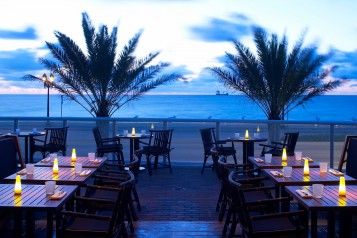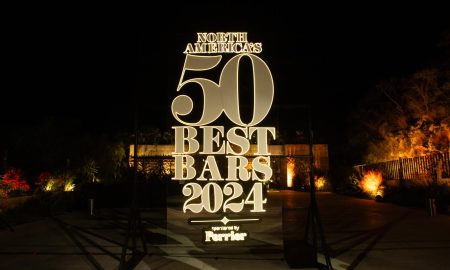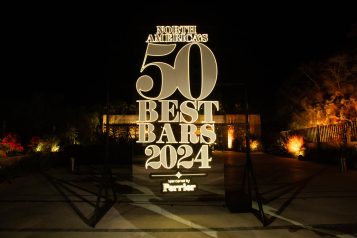It’s no secret that London’s hotels act as a platform for the most affluent clients in the world. Sit in the lobby at one of these lush hotels for a day and watch the world’s money being poured into the UK. While back in the day these posh places might have been filled with British and European aristocrats, today you will find Middle Eastern guests and their entourage taking over tables.
One of the most notorious hotels for this is The Dorchester, where £770 for a 50g portion and £570 bottle of NV Krug Rosé are popular menu items. In The Dorchester’s infamous Promenade, Middle Eastern millionaires meet to talk freely in privacy. The height of the sofas and faux-marble pillars make it difficult for outsiders to gage who is talking to who. And that is precisely what they are used for nowadays, a place to do business in private.
Only a few decades London’s grandiose hotels saw a crash. Without the masses noticing, these hotels have found success in an entirely new way. A noted English estate agent told The Guardian, “I do business with a Saudi client, and he comes over with an entourage of 70 people. He has homes in London, but he does business in the hotels.” And this is not a rare happening. Middle Eastern’s wealthiest few have come to love spending time in London’s hotels so much that they have bought most of them too. The Sultan of Brunei owns the Dorchester; Saudi prince al-Waleed bin Talal has renovated his Savoy; and the Barclay brothers sold their stake in Claridge’s, the Berkeley and the Connaught to a company controlled by Qatari sovereign funds.
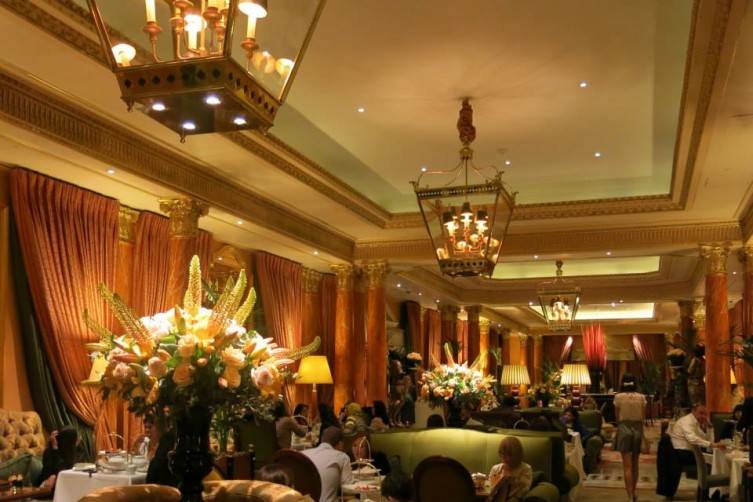
With so much wealth running around these hotel halls, it’s hard not to notice the disparity between the influx of external affluence and the low wages of internal workers. The wealth magazine Spear’s found in an interview with a The Dorchester’s contract cleaners that a cleaner at this hotel would have to work 56 hours to be able to take an entry-level room for the night, before tax. There are few places in the world where this inequality is seen in such close quarters.
This closeness brings up a much bigger theme in London’s luxury hotel industry. The fact that it is so rare to find such different economic classes in the same hotel, speaks to the notion that these hotels are purposefully designed to keep the less wealthy out. The West End Front, a book by author Matthew Sweet discusses the role of hotels in regards to the separation in societal classes, “They are these sequestered places – you are immediately separated from the outside world,” says Sweet.
“They employ these strategies, like casinos in Vegas, to prevent you from noticing the outside world. The Dorchester has its internal boulevard – you are not looking out at Hyde Park. At Claridge’s, you are looking at the staircase, not London. The whole idea is to separate you from people outside, so you can enjoy yourself in this sort of citadel, unencumbered by the view of people who can’t afford to get in.”
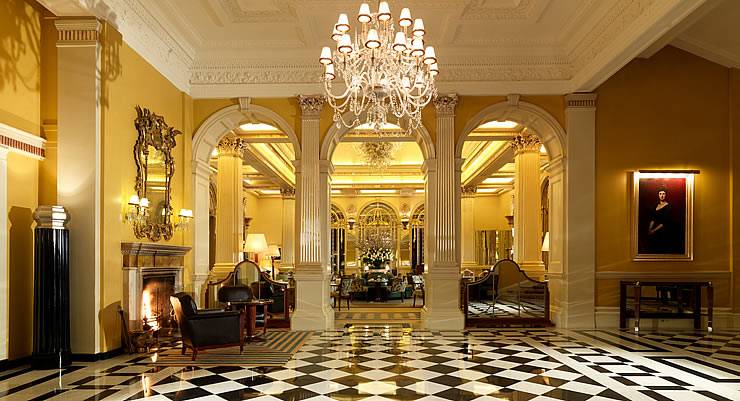
In order to ensure that the 1% stay in and the 99% keep out, these hotels have commissioned Michelin-starred restaurants and upscale spas, which only the affluent can afford. This includes hotel managers who focus on providing the ultimate privacy for these customers. Nowadays there is no amenity a hotel won’t include to steer you from going elsewhere; and it seems to be working. The wealthiest guests can be found doing business in the lobbies, going for dinner nightly at the hotels eateries and booking whole floors of hotel rooms for their posse.
A Dorchester staffer told The Guardian that “a Qatari guest took over the three big suites at the top of the hotel this year, hired a personal chef for his long stay, and apparently spent more than £40,000 a night. ‘Everything happens upstairs,’ he says – meaning that the guest never had to leave his floor.”
There is nothing that these hotels won’t do for these clients that keep them afloat. Without their business, no one else could afford to go here, and they simply wouldn’t exist. While the disparity in wealth is more noticeable now than ever in London, these hotels will always be a staple of the city. The future may bring changes in the accessibility of these pretentious yet stunning places, but for now it’s for the 1% to know and the 99% to find out.
Based on an article by The Guardian.







